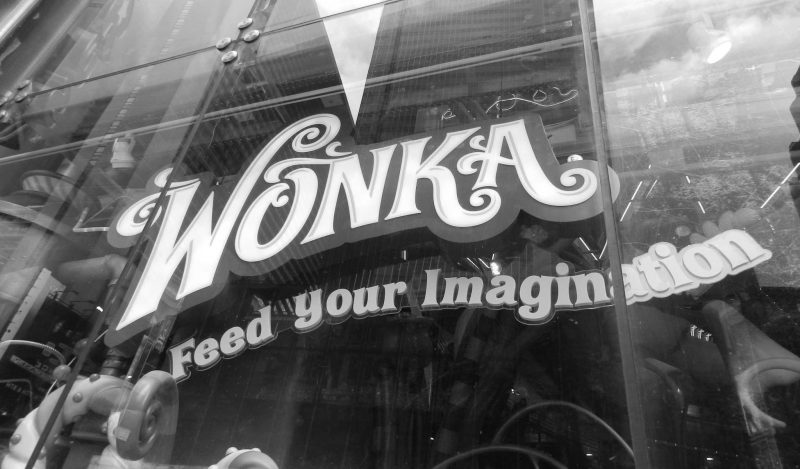Last weekend it was reported how books by the popular children’s book author, Roald Dahl, are now being republished after significant changes to the texts. According to The Guardian, the changes are only about removing “offensive language” from his books. The Roald Dahl Story Company says the changes are minor and only about making the text more accessible and “inclusive“ to modern readers.
Gerald Posner covered the issue on February 19th, citing a few examples of changes, which are certainly not minor; entire paragraphs are removed or altered beyond recognition. There are hundreds of changes, Posner says, agreeing with writer Salman Rushdie who has called these changes “absurd censorship.”
Nick Dixon has published a short piece on the matter in the Daily Skeptic, pointing out how some of the changes make Dahl’s text lifeless and flat and how all humour is carefully removed. Example from Matilda: “Your daughter Vanessa, judging by what she’s learnt this term, has no hearing organs at all” becomes “Judging by what your daughter Vanessa has learnt this term, this fact alone is more interesting than anything I have taught in the classroom.”
In other cases, the meaning simply disappears: “It nearly killed Ashton as well. Half the skin came away from his scalp” becomes “It didn’t do Ashton much good.” Some of the changes are outright absurdly silly, considering when the original text was written. One example Dixon takes: “Even if she is working as a cashier in a supermarket or typing letters for a businessman” becomes “Even if she is working as a top scientist or running a business.”
“Mother” becomes “parent,” “man” becomes “person,” and “men” become “people.” “We eat little boys and girls” becomes “We eat little children.” Boys and girls have no right to exist anymore, no more than mothers or fathers; biological sex is prohibited. But the censors, sarcastically called Inclusive Minds, don’t seem to be bothered by the practice of eating children.
References to authors currently banned for unfashionable beliefs are removed or changed. Joseph Conrad becomes Jane Austen. Rudyard Kipling becomes John Steinbeck.
Nothing is mild enough to escape the watchful eyes of the censors, Dixon says, noting how “Shut up, you nut!” becomes “Ssshhh!” and “turning white” becomes “turning quite pale.” To the “inclusive,“ “white“ is a forbidden word of course.
Suzanne Nossel, president of the American branch of the PEN writers’ organization, expresses her dismay in an interview with the Washington Post. “Literature is meant to be surprising and provocative,” Nossel says, explaining how attempts at purging texts of words that might offend someone “dilute the power of storytelling.”
Roald Dahl is by no means uncontroversial. But his stories are the actual stories he wrote. The watered down and sanitised texts of the censors are simply no longer the author’s stories.
Or, as Posner concludes: “Words matter. The problem is that the Dahl sensitivity censorship sets a template for other hugely successful author franchises. Readers should know that the words they read are no longer the words the author wrote.”
The destruction of Roald Dahl’s books is yet another sign of the all-pervasive negation of reality we now face. We see this negation all around us, in literature, history, politics, economics, even in the sciences. Objective reality gives way to subjective experience, emotions, or preferences in place of what is true.
It gives way, in fact, to radical subjectivism, which might just be the logical, yet contradictory conclusion of the victorious march of individualism in the West over the past few decades. It gives way, until all our common points of reference are gone, until our common sense has all but disappeared; until, atomised, lonely, incapable of meaningful communication, we no longer share a society. What takes its place will surely be no fairy tale.
And what better example of this negation of reality than the Guardian’s headline, whereby the total destruction of the work of a beloved author becomes “removing offensive language” in a few places?
Republished from the author’s Substack
Join the conversation:


Published under a Creative Commons Attribution 4.0 International License
For reprints, please set the canonical link back to the original Brownstone Institute Article and Author.









